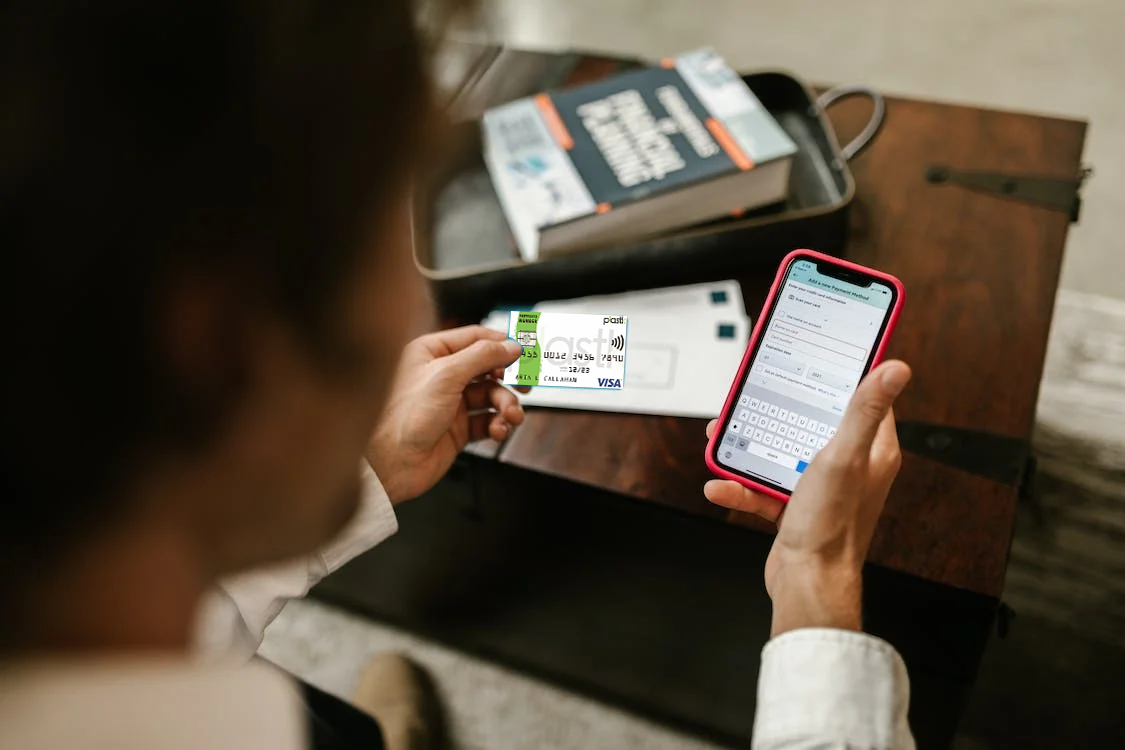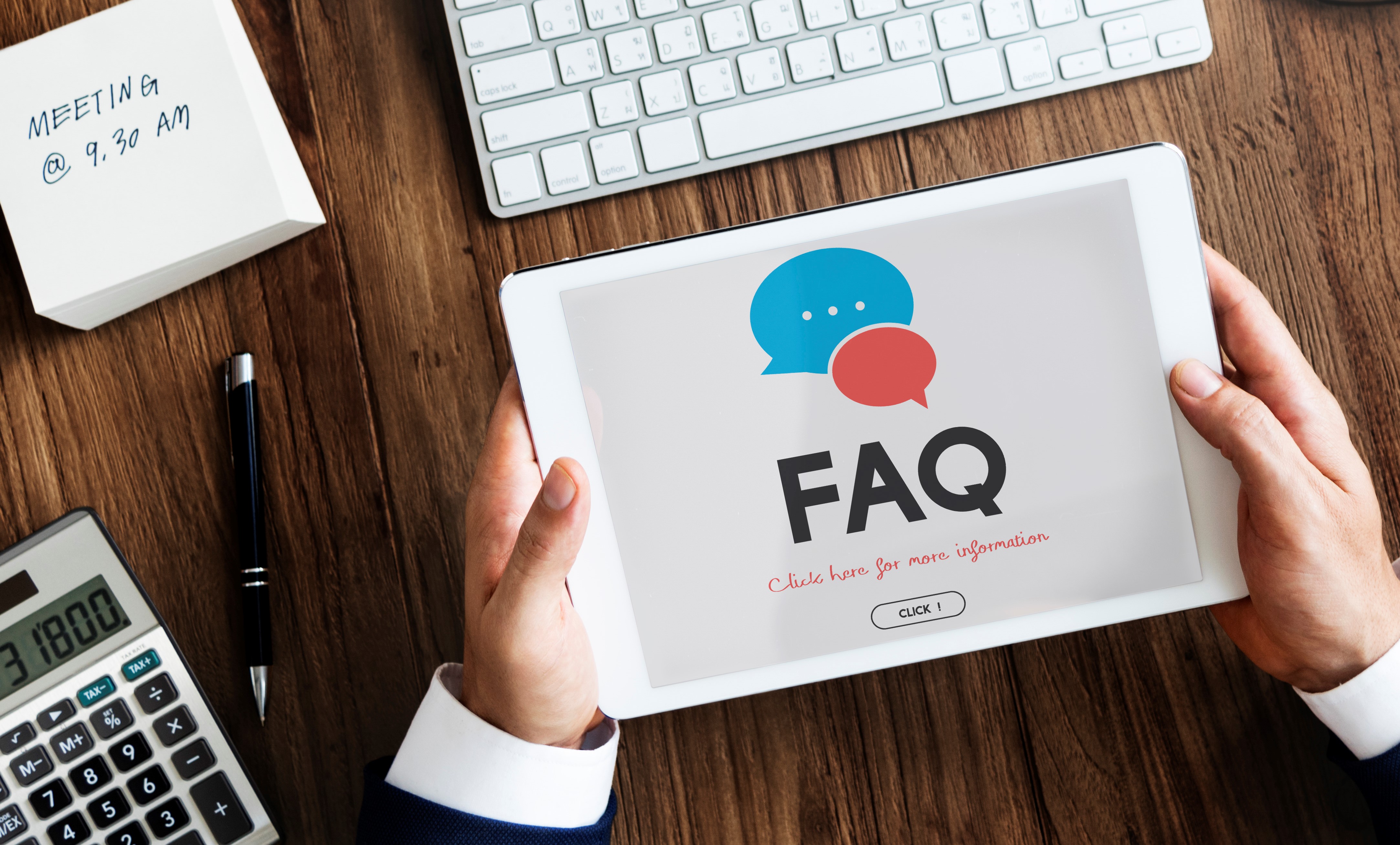Credit Tip Tuesday #113-10 Tips For Staying On Top Of Your Credit Card Balances

Image Credit: Pexels
When managing your financial affairs, keeping track of your credit card balance is one of the most crucial things to take.
If you are anything like me, maintaining your credit card balance may seem like a daunting task to you.
Credit cards can be a valuable financial tool, but if misused, they can lead to debt. For this reason, it is vital to know how much you owe and to keep it from rising too high.
But you might consider getting a secured credit card an excellent strategy to keep your balance low. Secured credit cards demand a deposit, which is subsequently used as collateral. This makes it simpler to keep track of your balance and build your credit score because you are limited to spending what is in your account.
In addition, there are also other ways to control your credit card balance. In this blog, I will go over some tips that will help you improve your finances and make the most of credit cards.
Just take a deep breath, get a cup of coffee, and let’s dive in!
Tip 1: Choosing The Right Credit Card

Image Credit: Pexels
You must choose the right credit card to manage your credit card balance. There are numerous options, each with their own
- Credit Score
- Rewards
- Fees
- Interest Rates
The goal is to pick the best one for you and your needs. For instance, if you enjoy traveling, a credit card with travel benefits might be a good option for you.
If you are new to credit or attempting to improve your credit, a secured credit card can be an excellent place to start. So, do some research and select the right card for you.
However, for people with no credit history or those wishing to raise their credit score, I advise getting the Plastk Secured Credit Card. This card is intended to assist you in establishing or repairing your credit by demanding a security deposit to start an account, which becomes your credit limit.
Additionally, it provides competitive interest rates and inexpensive annual fees. Hence, if you are looking for a secured credit card choice, the Plastk Secured Credit Card is unquestionably something to think about.
Also read: Reasons to Get a Plastk Secured Credit Card
Tip 2: Set A Budget And Keep Track Of Your Spending
Having a budget has the potential to transform the way you manage your finances. Without a budget, it is possible to do impulsive shopping, overspend, and end up in debt.
- Determine your monthly income and expenses and create a budget.
- Set realistic spending limits.
- Tracking your spending to ensure that you are sticking to your budget.
- Identify areas where you are overspending and make changes to stay under your budget.
Remember, though it may take some getting used to, making a budget and keeping track of your spending are essential tools for managing your money, avoiding impulsive shopping, and keeping an eye on your credit card debt.
Tip 3: Avoid Opening Too Many Credit Accounts

Image Credit: Pexels
It can be enticing to open new credit accounts to take advantage of special offers and rewards, but doing so can make it harder to keep track of your credit card balance. You should refrain from opening too many credit accounts for the following reasons:
- Too many accounts can be stressful.
- They can damage your credit score.
- This can make it more difficult for you to obtain loans.
Therefore, be selective and only apply for credit cards that you genuinely need. Furthermore, it would be best to consider how opening a new account may affect your credit score.
Tip 4: Be Sure To Pay More Than The Minimum Amount
It can take years to pay off your debt if you only make the minimum payment each month because it often represents a tiny portion of your total debt.
You can lower your interest costs and clear your balance more quickly by making a larger payment than the required minimum. It can significantly impact you in the long run, even if you can only afford a small amount each month.
To simplify, think about deciding to pay off your balance in a specific amount of time and then figure out how much you must pay each month to reach that objective. By doing this, you will get one step closer to financial success and debt-free living.
Tip 5: Make The Most Of Your Rewards

Image Credit: Pexels
Credit card rewards can be a tremendous advantage for cardholders, but it is vital to utilize them responsibly. The rewards can quickly add up over time and include
- Cashback
- Points Miles
- Other Perks
It is essential to understand the rules and regulations of your rewards program. Some programs include expiration dates or restrictions on utilizing your rewards, so read the fine print carefully.
You should also think about how you use your incentives. It can be a terrific strategy to pay down your credit card bill to redeem your benefits from some reward programs for cashback. Some companies provide credit cards for traveling with benefits, which can be a great way to get great deals on hotels or flights.
Therefore, as long as you do not endanger the balance on your credit card, you can maximize its use and benefit from its benefits.
Tip 6: Regularly Check Your Credit Report
Credit reports summarize your credit history, including:
- Your Credit Card Balances
- Payment History
- Credit Utilization Ratio
You can spot any inaccuracies or fraudulent activities by frequently monitoring your credit report, and you can take action to fix them before they influence your credit score.
Additionally, you can track your progress towards paying down your credit card amount and track which factors have affected your credit score.
You can check your credit report for free once a year from each of the three major credit bureaus i.e., Equifax, TransUnion, and Dun & Bradstreet (D & B). Further, various apps and online tools allow you to monitor your credit score and credit report.
Tip 7: Automate Your Payments

Image Credit: Pexels
It is a simple action that can significantly impact how you manage your credit card debt. Automatic payments allow you to avoid late penalties and harm to your credit score by ensuring that your minimum amount or entire balance is paid on time each month.
Most credit card providers have the option of automatic payments, which you can easily set up through your online account. You can pay the minimum required each month, your entire balance, or a predetermined sum.
Just keep an eye on your account to ensure that payments are handled correctly and that you have enough money to cover the amount.
Tip 8: Be Cautious Of Balance Transfers
Balance transfers can be a helpful tool for managing your credit card balance, but it is vital to utilize them responsibly. Transferring a balance between credit cards with different interest rates and frequently coming with promotional offers is known as a balance transfer.
The terms and restrictions of the balance transfer offer must be understood, even though they can help you reduce your interest costs and pay off your balance more rapidly. A balance transfer fee is often included in deals, which raises the overall cost of moving your balance.
In addition, promotional periods with low or no interest rates are frequently offered with balance transfers, which can be appealing. However, you must pay off your balance before the promotional time expires, or you will face exorbitant interest rates and additional costs.
Tip 9: Beware Of Cash Advances

Image Credit: Pexels
Cash advances can be enticing when you need money quickly, but they can also substantially contribute to credit card debt. It is expensive to borrow money with cash advances because they frequently have high-interest rates and fees.
Cash advances have substantial expenses but can also harm your credit score. Cash advances are regarded as a sort of loan and might raise your credit usage, which refers to how much of your available credit you are utilizing compared to your total credit card limit.
Finding alternatives to cash advances, such as borrowing from friends or family or taking out a personal loan, will help you avoid the problems of cash advances. If you really need a cash advance, settle it as soon as possible to prevent taking on extra debt.
Tip 10: Set A Payment Plan For Your Balance
By making a plan, you can set definite objectives for paying down your debt, maintain motivation, and keep track of your progress.
- First, decide when you want to have your debt paid off.
- Then, figure out how much you can pay toward your monthly balance.
If you want to pay off your credit card debt faster, think about utilizing the debt snowball strategy, which suggests starting with the balance with the lowest interest rate and working your way up.
The Bottom Line
It might be simple to fall behind and accumulate a large debt with many deadlines, required minimum payments, and interest rates to remember.
You need not worry, though, as, with a bit of work, a secured credit card, and usage of the advice I have provided, you can manage your credit card balance, improve your credit health, develop reliable payment habits, and lessen any unneeded stress.
Therefore, why not take your first financial step today?
Start incorporating these tips into your routine, and you will soon see an improvement in your credit score and financial security.


